Crop productivity is predominantly determined by the crop genotype, production environment, and their interaction, Several plant processes are involved in making crop yield and end use quality of agricultural produce. Therefore, knowledge of process control and rate limiting traits and genes governingthem under optimum and stress environments is valuable in crop and/or crop genotypeselectionforvarious agro-ecological niches. In order to sustain food and bio-energy supplies it is important to improve the inherent potential of crops for increased use efficiency of natural and applied inputs, to increase stress tolerance, to harness plant microbe interactions, to use improved agro-technology and appropriate land use patterns for sustainable development. Moreover, the ultimate aim of sustainable agriculture is to enhance food production by maintaining the natural resource base.This should be achieved in accordance with the carrying capacity of the supporting agro-ecological systemsfor the ever increasing human and animal population all overthe world.
In many parts of the world arable lands, the depletion of the natural resource base has already become apparent, including soil degradation due to over mining of nutrients, imbalanced fertilization, and salinity due to excessive irrigation, water deficits and environmental pollution. Further, global warming, the uncertainty in rainfall; perpetual droughts and floods of varying intensities etc. affect crop production and land use.Additionally crop production on arable lands for bio-energy has to be balanced with food requirements which will call for judicious use of land resources. Increasing urbanization, the creation of special economic zones, government policies regarding land ownership, small holders' priorities and other socio-economicfactors would determine land use as well as crop diversification.
This book covers a wide range of topics like crop sciences and crop improvement, plant microbe interactions, resource management, bio-energy, sustainable development and socio economic aspects of land use and other natural resources that can compliment the objectives of sustainable land use.

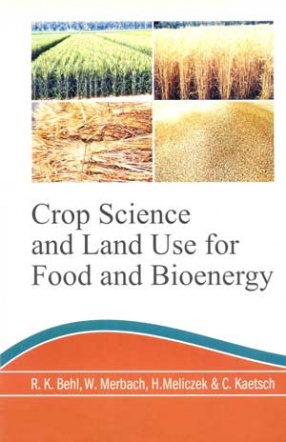

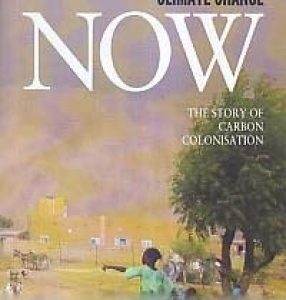
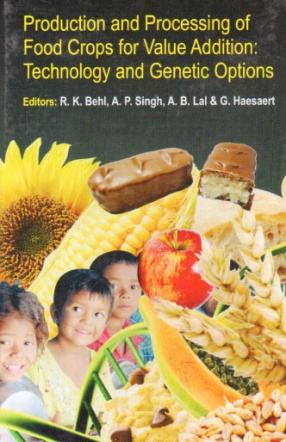
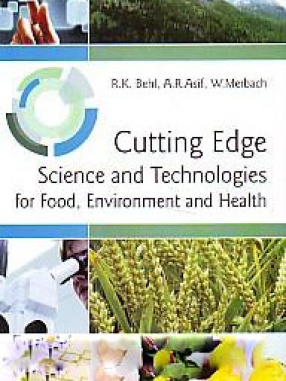
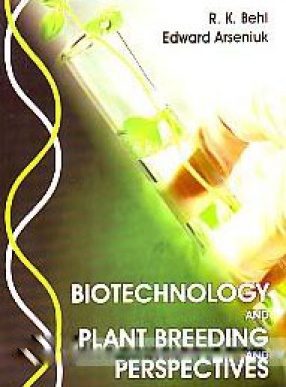
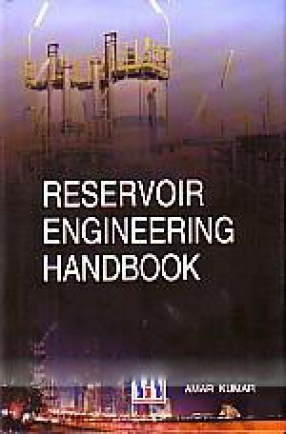
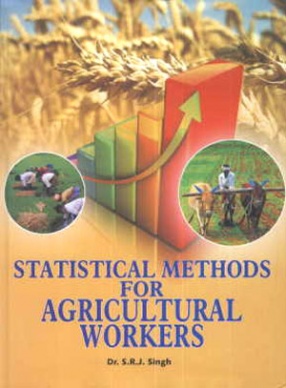
There are no reviews yet.